ارائه تز؛ راهنمای جامع تئوریها و تکنیکهای تز کارشناسی ارشد و دکترا

اگر این کتاب مجموعهای از قوانین را برای یادگیری و اجرا ارائه میداد، نوشتن تز بسیار ساده بهنظر میرسید؛ اما از آنجایی که نوشتن تز به ندرت ممکن است آسان به نظر برسد، این کتاب تفاسیر پیچیدهتری از این پروسه را ارائه داده است.
هدف اصلی این کتاب این است که سطح آگاهی دانشجویان را از انتخابهای حیاتی در تحقیقات و پایاننامههای کارشناسی ارشد و دکترا بالا ببرد. مفاهیم تنها میتوانند در شرایطی پویا روابط خود را با مفاهیم دیگر تعریف شده حفظ نمایند. در این زمینه سه مقوله گسترده به صورت متدولوژی ارائه شدهاند. بنابراین نهتنها میتوان این راههای متعدد را با هم مقایسه نمود بلکه اشتراکات آنها به اندازه تفاوتهایشان چشمگیر است.
استفاده از روشهای متفاوت در انجام پروژه منجر به تفاوت نتایج متنی خواهد شد. نوشتن تز علاوه بر تحقیقات، فضای فکری و معرفتی و لفظی نویسنده خود را نیز نشان میدهد. به همین دلیل سبک نوشتن و کلمات مورد استفاده در یک پایاننامه باید با همان شدت آگاهانه انجام شوند.
هدف اصلی این کتاب این است که سطح آگاهی دانشجویان را از انتخابهای حیاتی در تحقیقات و پایاننامههای کارشناسی ارشد و دکترا بالا ببرد. مفاهیم تنها میتوانند در شرایطی پویا روابط خود را با مفاهیم دیگر تعریف شده حفظ نمایند. در این زمینه سه مقوله گسترده به صورت متدولوژی ارائه شدهاند. بنابراین نهتنها میتوان این راههای متعدد را با هم مقایسه نمود بلکه اشتراکات آنها به اندازه تفاوتهایشان چشمگیر است.
استفاده از روشهای متفاوت در انجام پروژه منجر به تفاوت نتایج متنی خواهد شد. نوشتن تز علاوه بر تحقیقات، فضای فکری و معرفتی و لفظی نویسنده خود را نیز نشان میدهد. به همین دلیل سبک نوشتن و کلمات مورد استفاده در یک پایاننامه باید با همان شدت آگاهانه انجام شوند.
سال انتشار: 2011 | 386 صفحه | حجم فایل: 2 مگابایت | زبان: انگلیسی
Mapping Your Thesis: The Comprehensive Manual of Theory and Techniques for Masters and Doctoral Research
نویسنده
Barry White
ناشر
ACER Press
ISBN10:
0864318235
ISBN13:
9780864318237
قیمت: 16000 تومان
برچسبها: If this book provided a set of rules to be learned and applied, writing a thesis might seem pleasingly easy. But, because writing a thesis is seldom easy, the book instead offers a more complex mapping of the process. The purpose is to raise awareness of the critical choices involved in research and thesis writing for both masters and doctorates. Running as a leitmotif throughout is the notion that no conceptual construct can be complete unto itself. Concepts can only be defined in terms of their dynamic relations with other constructs. It is in this context that the three broad methodological categories informing discussion in the book - exegetic, empirical, and qualitative - were adopted for didactic purposes only: at no time are they considered autonomies. Therefore, not only can they be compared in multiple ways, their shared continuities are often as significant as their differences. Nonetheless, as in the case of different disciplines, differing methodological positions have different textual outcomes. Writing a masters' or doctoral thesis is not only an inherently idiosyncratic exercise, it is also epistemic and, in the current intellectual climate, rhetorical. The malleability of the disciplinary and methodological vocabularies used in academic rhetorics reflects the manner in which not only words but also styles of writing evolve to suit particular purposes. For this reason, the style of writing and the words used in a thesis will need to be interrogated with the same informed intensity applied to all other aspects of the research undertaking. Only then, with the drawing of a more complex cognitive map, will a definition incrementally develop of what - in terms of a researcher's own needs - constitutes sound academic discourse.
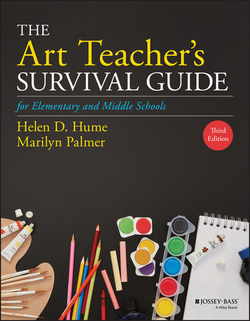
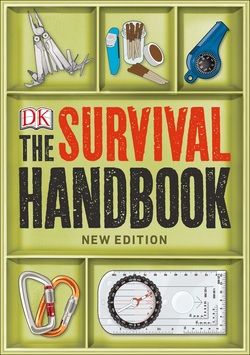
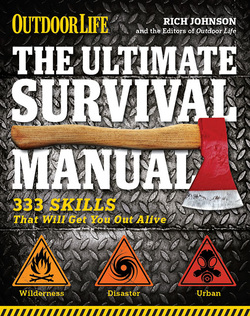
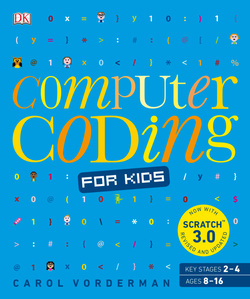
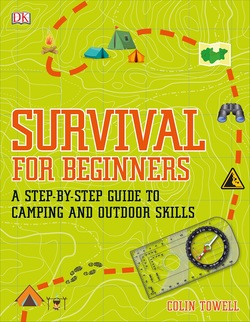
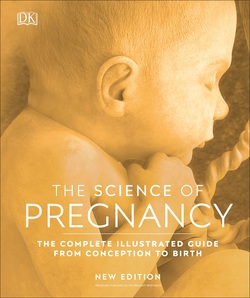

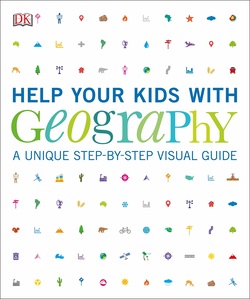







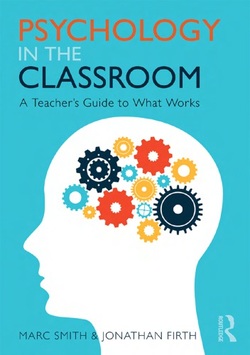
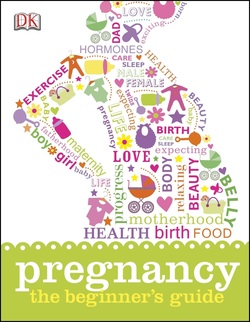


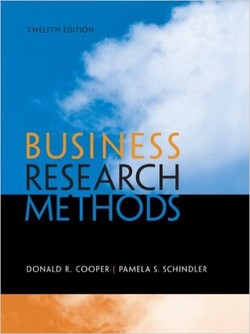


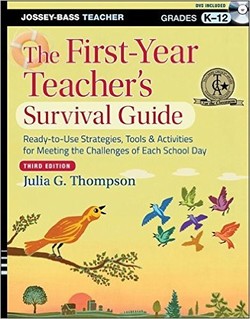
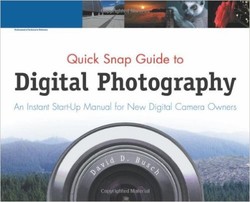


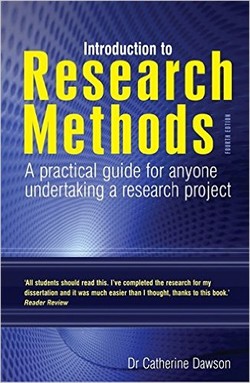

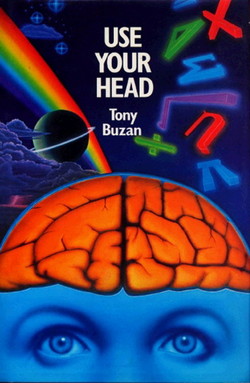

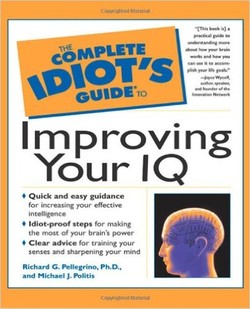
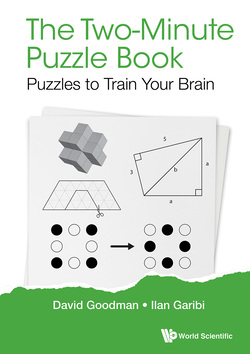

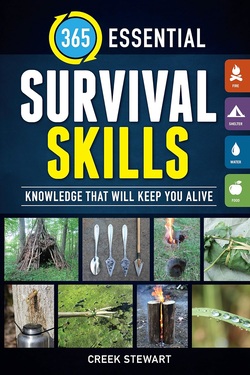
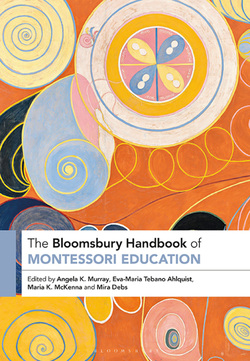



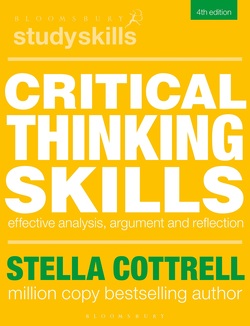




It would be so useful, surely
I really appreciate your efforts
Thank you very much